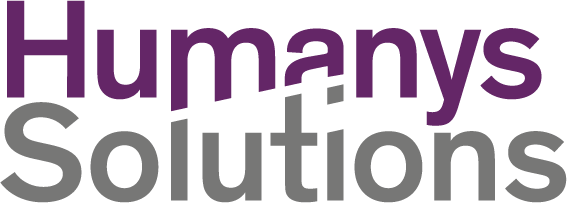In the current context of talent shortages, Swiss companies are adopting creative approaches to attract new employees. Jura-based watchmaker Pibor Iso is turning the tables by “applying” to its future employees via LinkedIn, while Willemin-Macodel has opted for humorous posters on local buses. This strategy, explained by marketing manager Marielle Houriet, has been a significant success, generating an unusual influx of applications. HR expert Stéphane Gigon emphasises the importance of innovation in attracting and retaining talent, particularly in a changing labour market.
The search for talent is becoming an increasingly complex task for Swiss companies, which are facing a growing shortage, exacerbated by retirements. Pibor Iso, a Jura-based watchmaker based in Glovelier, has adopted an original approach by using LinkedIn to ‘apply’ to its future employees. This unique method involves presenting the company via a CV and a cover letter. By highlighting its 70 years of experience in watchmaking, jewellery and microtechnology, Pibor Iso creates an interactive link with potential candidates.
In a similar but more humorous initiative, Willemin-Macodel, a company specialising in machining and robotics solutions, launched an unusual recruitment campaign by sticking posters on buses in the Jura region. The poster uses a local dialect expression to attract the attention of candidates, demonstrating the company’s desire to adopt a relaxed and inclusive approach. Marielle Houriet, marketing manager at Willemin-Macodel, explains that this campaign was a response to the need to recruit quickly to support the company’s rapid growth.
Stéphane Gigon, director of Humanys Solutions, a human resources consulting firm in Lausanne, comments positively on this trend towards innovation in recruitment. In his view, companies must not only attract new talent but also remain attractive to their existing staff. Gigon stresses the importance of companies’ visibility on social media to attract the interest of potential candidates and maintain a positive image.
The need to develop employer branding is becoming crucial, particularly with the imminent retirement of skilled employees. Gigon advocates a proactive approach by SMEs, stressing that the current labour shortage, which is set to worsen, must be anticipated now. According to him, companies must be attractive in this ‘YOLO’ (you only live once) economy, where employees have the upper hand in the face of a declining population.
To attract the younger generation, some companies are focusing on work environments that prioritise well-being. Beezi, an industrial space in Tolochenaz, stands out by offering a co-working space designed to promote employee well-being. Durrer Technik, an SME specialising in ventilation systems, will be the first tenant-ambassador of this space. Alexandre Vilar, director of Durrer Technik, highlights the appeal of green spaces, fitness facilities and sustainable amenities, which are crucial for attracting the best talent.
However, these strategies are more easily applicable in the service sector, where remote working is possible. Companies must adapt to the increasing flexibility demanded by new generations of employees, who prefer more flexible working hours and an online presence. Stéphane Gigon concludes by emphasising that this period represents a unique opportunity to stimulate creativity and innovation in recruitment, an approach that is necessary to overcome the challenges of talent shortages in the country.




